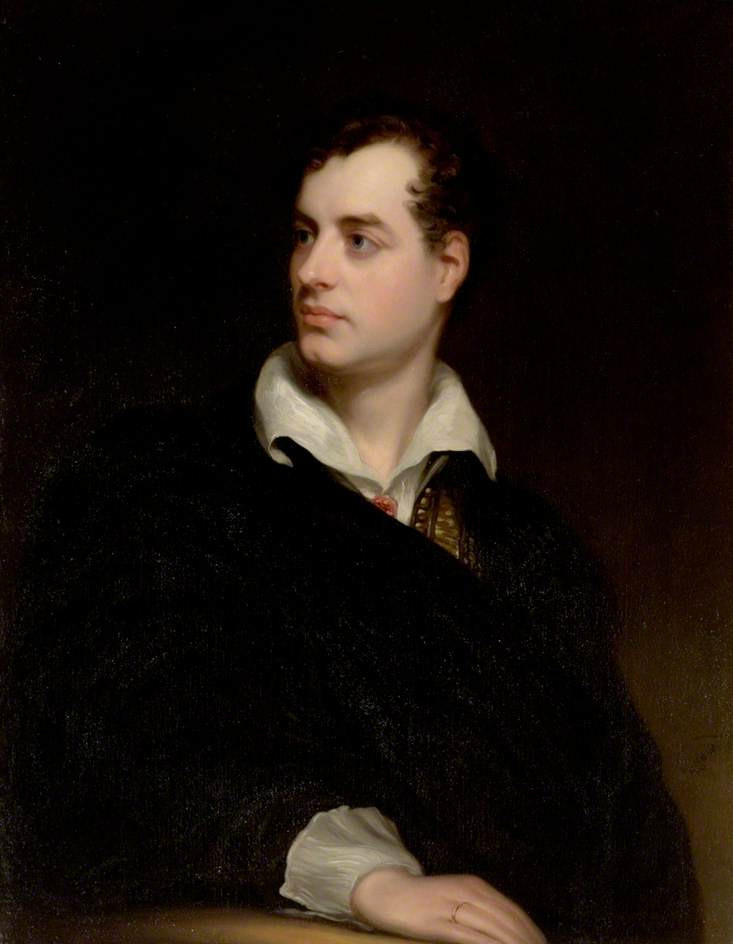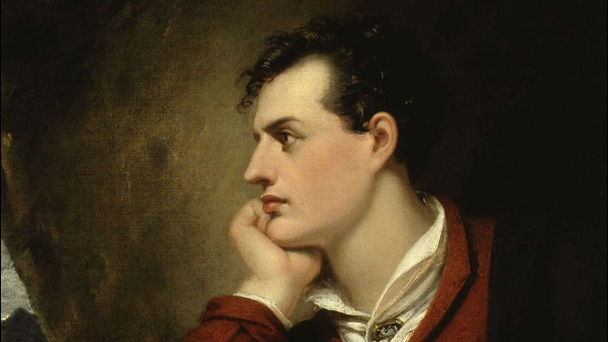George Gordon (Lord Byron)
Lord Byron, also known as George Gordon Byron, 6th Baron Byron, was a prominent member of the Romantic Movement in early 19th-century England. The first two cantos of Byron's narrative poem Childe Harold's Pilgrimage were published in 1812, and his name was further cemented by his four enormously popular poems known as the "Oriental Tales."
He had a flamboyant life in London before embarking on his self-imposed exile in 1816, which included a number of extramarital romances, lavish parties, and sensational rumors about his potential love interests. Gordon emigrated to Italy from England in order to avoid being criticized by English society. Through Mary and Claire, Shelley was introduced to him at this location. Gordon's most recent romance involved Claire. Gordon was involved in revolutionary politics and joined the Greek War of Independence, much like Wordsworth.
His poetry is heavily influenced by the Byronic hero, an idealized but flawed figure capable of immense passion and talent but rebellious, haughty, and self-destructive. Many of his poems are autobiographical in nature. Lord Byron is regarded as the foremost poet of the second generation of Romantics, and he is still well-known and extensively read.
Famous Poems:
- Don Juan (1824)
- She Walks in Beauty (1813)
- Childe Harold’s Pilgrimage (1818)
Lifespan: January 22, 1788 – April 19, 1824
Nationality: English












